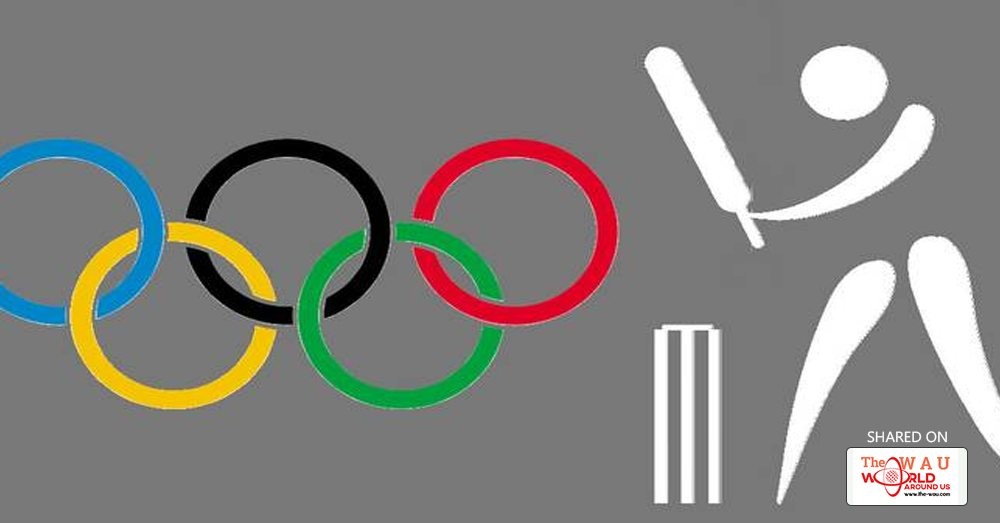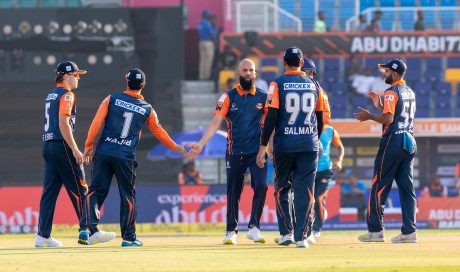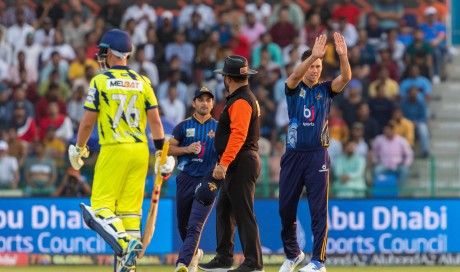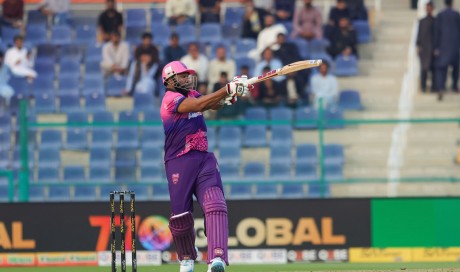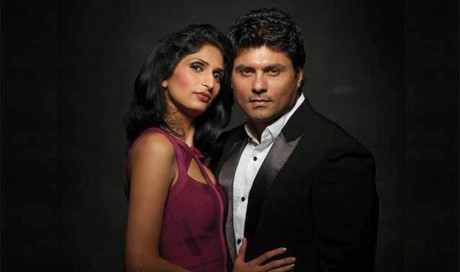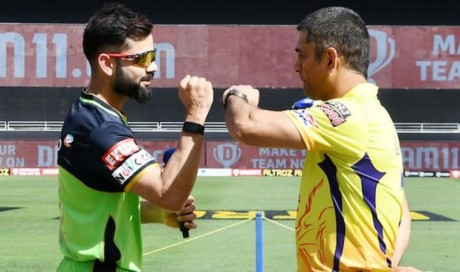Recently, ICC’s chief executive, Dave Richardson, dropped hints about Cricket’s governing body making a decision regarding applying for a slot at the Olympics. The prospect of cricket at the Olympics has been a long and twisted saga — something that could easily be confused for a soap opera.
Cricket was penciled in as an event in the very first modern Olympic Games at Athens in 1896; it was listed in the original program but was later shelved due to an insufficient number of entries. Four years later in the 1900 Paris Olympics, only four teams entered the fray — Great Britain, Belgium, Holland, and the hosts, France. Belgium and Holland withdrew from the cricket competition after their co-hosting bids were turned down. Therefore, the final match was contested between the teams of the two nations across the English Channel, Great Britain and France. Great Britain won the 12-a-side match contested over two days; cricket has never featured in the Olympic Games since.
The game of cricket has 105 full members from across the world. However, only 10 of these members are full members with “Test status”. Even though the ICC may claim that the game is followed by more than a billion fans, it is dependent on the subcontinental teams to do the heavy lifting. Puzzlingly, the playing field of the game’s marquee tournament — the ODI world cup — was shrunk to 10 teams after the latest edition in 2015. During a time when FIFA was open to a 48-team world cup, cricket’s decision to keep the minnows at the margins was widely decried. Understandably, the Marylebone Cricket Club (MCC) labelled this reorganisation as a retrograde step. At the same time, it called for T20 cricket to become an Olympic sport. T20, with its underdog-friendly nature, was rightly labelled as the format to globalise the game by Sachin Tendulkar.
The earliest that cricket can feature again the in the Olympic Games is in 2024 through one of two methods.
In the first, the host nation gets to make a case for the sports to be included in its Games — before the 2016 Rio opening ceremony, the organising committee of the 2020 Tokyo Olympics nominated skateboarding, karate, surfing, sportsclimbing, and baseball/softball. Selection of a sport would require the host city to have a venue with a culture of the said sport, and this selection is not binding on future Games hosts. Meaning, if cricket makes the cut in 2024, it could be dropped in the very next edition.
The other route is the IOC path which involves significant funding, both at the ICC level and at the individual cricket board level. This is far more lucrative for the ICC as it would open up millions of dollars in government funding needed to establish infrastructure in each country. To give an example, cricket in China could get a $20-million boost if it were included in the Olympics; lower down the affiliate country road, government funding could lead to a significant spike in finances that is in several multiples of the ICC’s own influx. Needless to say, Olympic status would give the game a big marketing boost in several new countries as well. Then why did the ICC take so long mulling over its options?
There are many reasons as to why cricket took so long to mobilise popular opinion. For one, the English Cricket Board had an issue with the Summer Olympics clashing with its traditional cricketing calendar. The BCCI’s messy relationship with the ICC, and having to go through the IOA for approval is another matter altogether. Development of local infrastructure at a new country with no history of the game is going to be a hard sell; no bums on seats for an alien sport is not appealing to broadcasters either. And what about the primacy of the World cup itself? Would the Olympics, another quadrennial tournament, supersede it?
Cricket is under threat from other popular sports who don’t have to contend with multiple formats. According to a recent article in The Cricket Monthly, cricket’s place in the global popularity stakes is quite fuzzy. Therefore, if the game of cricket is to survive and thrive, it needs to expand its horizons. The present system is broken with the smaller teams getting only a handful of fixtures thrown at them once in a while. How can an upcoming team improve itself when it cannot get the necessary oxygen of competitive fixtures to grow? This problem has been further exacerbated with the contraction of the World Cup.
It is instructive to note that football grappled with some of these problems before settling on its eventual format at the Olympics. FIFA, like the ICC, did not want the Olympics to rival the World Cup in prestige. However, the Olympic Games require the nations to send their strongest contingents. Meaning, it must involve the strongest players. How different would this be compared to the World T20 then?
Then there is the issue of the teams involved. Football has its own qualifying tournament, and takes 16 teams to contests in the Olympic Games. Who would be cricket’s teams? Would there be a quota from across the world? If it becomes another T20 tournament featuring 6-8 teams as Dave Richardson suggests, how would it take care of inclusion?
Fortunately, cricket doesn't have to look beyond football’s own compromise. Since 1996, Olympic squads from the “stronger” UEFA and CONMEBOL associations can only have three over-23 players in their squad. Therefore, the strongest footballing nations typically have poor Olympic records; the African nations have duly benefited from this equalisation. In the case of cricket, the Test-playing nations could similarly send similar contingents of under-23 and a sprinkling of top players to compete with other teams who can send full-strength squads; this would bridge the skills gap to some extent and give the newer teams a shot at winning a medal. Once the rest of the world catches up with the Test-playing nations, this could be reviewed once again.
As of now, the traditional cricketing nations have nothing to gain in terms of an Olympic medal as the game’s biggest and prestigious contests are to be had in Test matches and the ODI World Cups. The Olympics should hence be pegged as a high-visibility showcase with a commitment for initiation into cricket. This will no doubt go a long way in grabbing mainstream attention in new countries, and attract newer audiences.
Share This Post

